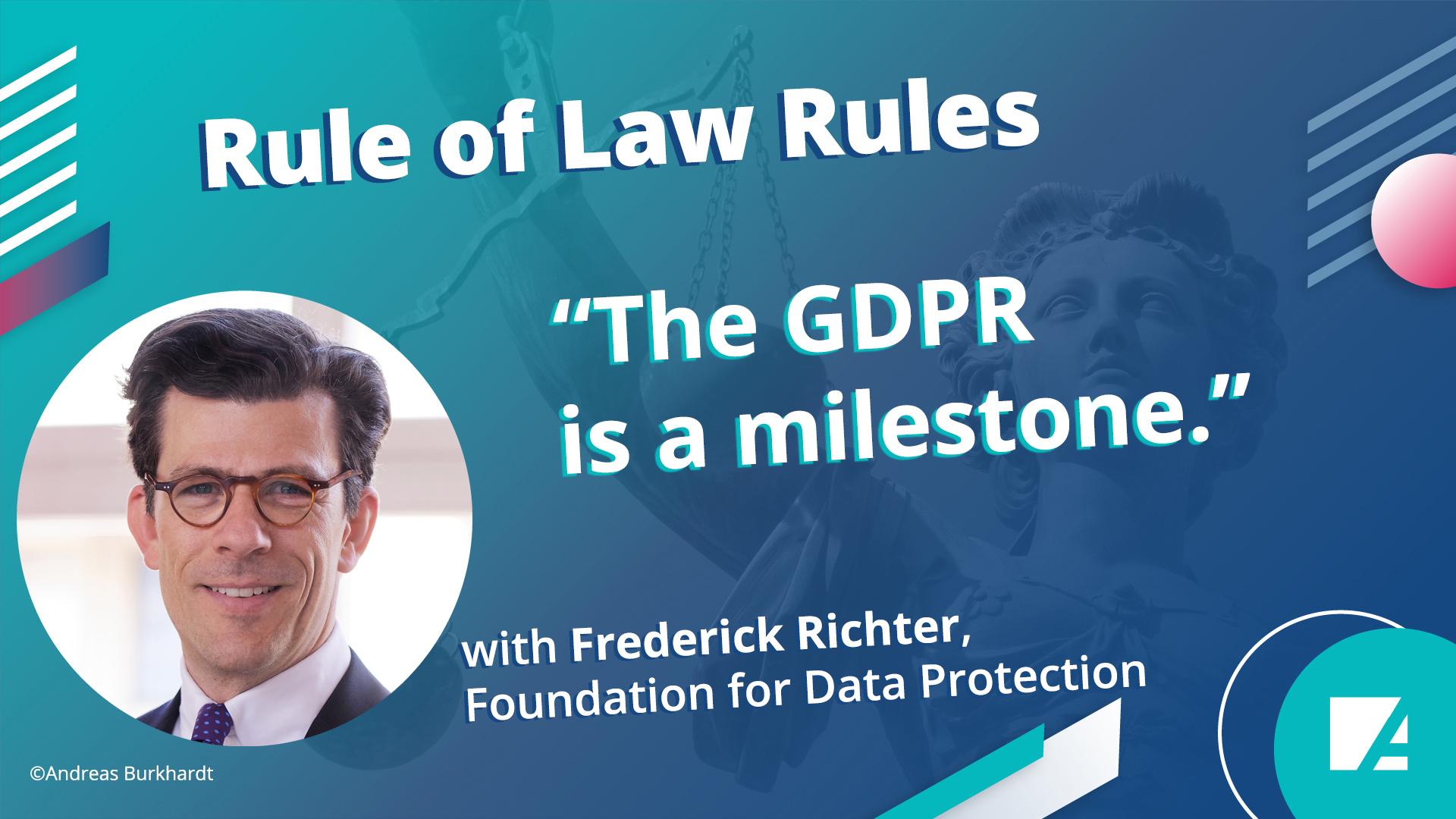The rule of law and human rights are closely linked: a functioning human rights system is essential to ensure access and equality before the law, and vice-versa. These factors, in turn, create more peaceful, just, and inclusive societies.
"Since the end of WWII, the coexistence of regional and global human rights protections has been a fundamental aspect of international law. Regional human rights frameworks play a vital role in shaping global human rights norms and their implementation within specific regional contexts, contributing to both the development and enforcement of these norms. While established regional protection mechanisms in the Americas, Europe, and Africa generally reinforce global human rights norms, newer systems initiated by the League of Arab States and the Association of Southeast Asian Nations raise questions about their alignment with global standards."
In cooperation with the Konrad-Adenauer-Stiftung Rule of Law Programme for the Middle East and North Africa (KAS), Mr. Fadi Hachem, LL.M. drafted a paper on the state of human rights in the Arab World, with a specific focus on the Arab Human Rights System (AHRS).
It first provides a comprehensive overview of the International Human Rights Law (IHRL) framework applied in the Arab World, and addresses the recurrent issue of reservations to core Human Rights Treaties on the basis of religion, which leaves many vulnerable groups, including migrant workers and women inadequately or un-protected under national laws. The paper then explores the specificities of the regional AHRS, looking into both the treaty law and the treaty body mechanisms, also in relationship/ compared to other regional counterparts in Europe or Latinamerica, among others.
The paper offers a unique insight into a "flawed" human rights system that finds itself paralysed within the tension and interplay between universality of human rights and regional/local cultural specificities.






